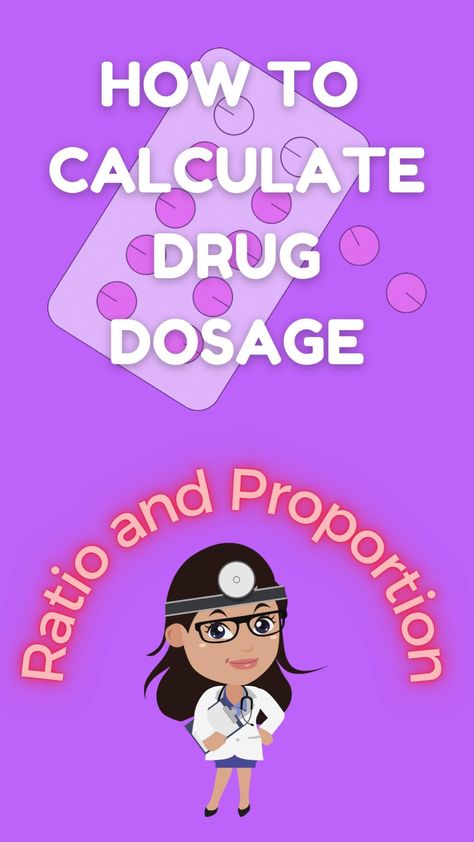Introduction
Drug addiction and substance abuse are among the most pressing social concerns confronting society. Traditional drugs education approaches, which usually focus on punitive measures and scare tactics, have proven ineffective in curbing the spread of drug abuse. Therefore, a new approach to drugs education is necessary to foster understanding and promote responsible behavior among the younger generation. This article explores the benefits of piloting a new approach to drugs education.
1.Evidence-Based Strategies
Piloting a new approach enables educators to implement evidence-based strategies backed by scientific research. These methods focus on prevention, early intervention, and addressing root causes that lead individuals to engage in substance abuse. By leveraging proven techniques such as skills training, behavioral counseling, and family therapy, schools can equip students with the knowledge and tools they need to make healthier choices regarding drug use.
2.Increased Engagement
One critical advantage of piloting a new approach is the possibility of increased student engagement. A more interactive and comprehensive curriculum allows students to relate their experiences and openly discuss their thoughts about drugs and addiction. This approach fosters a sense of trust between teachers and students, enabling learners to seek guidance when faced with difficult choices.
3.Reducing Stigma
A pilot program that revolves around empathy and understanding can help reduce the stigma associated with drug addiction. By emphasizing prevention over punishment, this approach creates an environment where students feel comfortable discussing their struggles without fear of judgment or reprisal. Destigmatizing drug addiction encourages open communication lines for those who may need help.
4.Inclusivity in Education
The new approach promotes inclusivity by tailoring drugs education according to students’ age, cultural background, and unique needs. Acknowledging various factors that can influence an individual’s susceptibility to substance abuse, this method ensures that every student receives appropriate support and guidance.
5.Improved Outcomes for At-Risk Students
By focusing on early intervention and support for at-risk students, a new approach could significantly improve these individuals’ chances of staying drug-free. Offering personalized assistance and resources for students struggling with factors such as trauma, mental health issues, or familial dysfunction can dramatically increase their likelihood of avoiding addiction and achieving their goals.
6.Ongoing Learning and Improvement
Piloting a new approach to drugs education creates opportunities for ongoing evaluations and continuous improvement. Schools can assess the effectiveness of various strategies, modify the curriculum based on feedback, and refine the program as necessary. This iterative process allows education providers to stay up-to-date with the latest research findings and ensure that they are using the most effective methods available.
Conclusion
Embracing a new approach to drugs education offers numerous benefits that can contribute to healthier communities and improved well-being for future generations. By focusing on early intervention, evidence-based strategies, reducing stigma, and promoting inclusivity, schools can prepare students to make informed choices about drug use while providing support for those in need. By piloting innovative programs, educators have an opportunity to test and refine proven approaches that may ultimately transform drugs education for the better.





